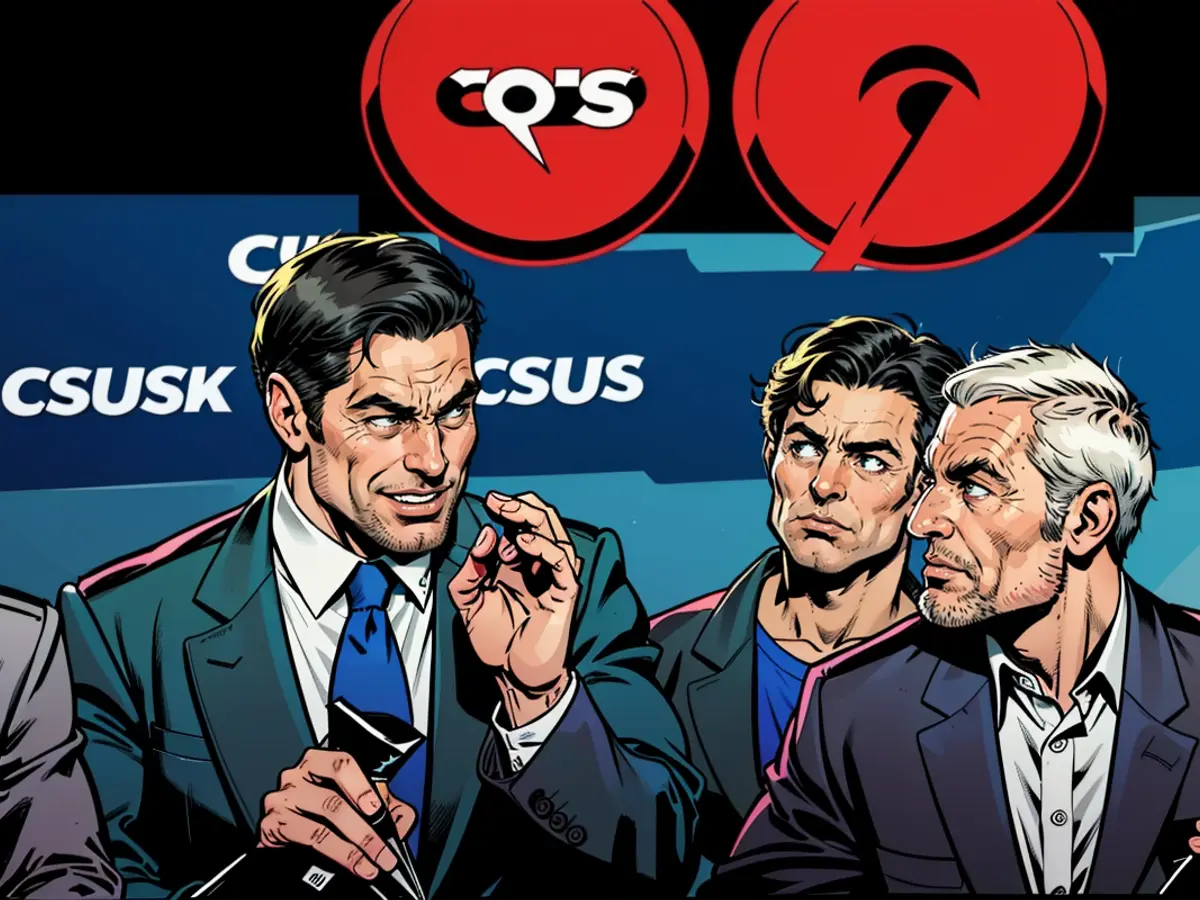European Union - Söder says European election outcome doesn't signal definite stance on K issue.
Markus Söder, head of the Bavarian Christian Social Union (CSU), does not see a clear outcome from the European elections that would determine the Union's chancellor candidates. "No, it wasn't a preliminary decision," he told n-tv on Monday. "We can't be honest about that. The right time for preparation will come when there's a federal election. That's what we agreed on." Söder and CDU Chief Friedrich Merz are closely collaborating.
Söder continued, "There are talks happening within the CDU again." He reiterated, "Ultimately, I believe we will come up with a fantastic joint solution."
Klaus Holetschek, leader of the CSU parliamentary group, stated that the K-question was not yet finalized. "This is because we agreed to make a decision after the elections in the new federal states," he said. "I think we'll need to reconsider: How can we connect with people across the board? Which coalition would give us the best chance of success?"
Some questions remain unresolved, such as if the Alternative for Germany (AfD) becomes the strongest party in Eastern Germany. "What's our response as a Union overall? These questions must be asked. Why aren't we profiting more from the collapse of the traffic light in certain areas?" These are part of the debate. "Of course, we also need to consider the people behind the various issues."
Previously, the "Augsburger Allgemeine" had quoted Holetschek as saying, "The discussion about the chancellor candidate needs to happen again."
In the past, Söder repeatedly stated that in his view, Merz has the most favorable position for being the Union's chancellor candidate.
Read also:
- Markus Söder, the head of the Bavarian CSU, suggested that the European election result does not provide a definitive stance on the K issue for the upcoming chancellor candidates in Germany.
- Söder and CDU Chief Friedrich Merz are working closely together, but they agreed that the right time for a chancellor candidate decision will be during the federal elections.
- Klaus Holetschek, leader of the CSU parliamentary group, mentioned that the K-question is not yet settled due to a agreement to make a decision after the elections in the new federal states.
- Holetschek also mentioned the need for the Union to reconsider how they can connect with people across the board and which coalition would give them the best chance of success.
- During the European elections, the Alternative for Germany (AfD) could potentially become the strongest party in Eastern Germany, raising questions about the Union's response and why they are not profiting more in certain areas.
- Previously, Holetschek stated that the discussion about the Union's chancellor candidate needs to happen again.
- In Söder's view, Friedrich Merz has the most favorable position for being the Union's chancellor candidate in the upcoming federal elections in Germany.
- The Christian Social Union (CSU) and the CDU are two major parties in Bavaria and Germany, which play a crucial role in European Union politics and German federal elections.
- The final outcome of the K-question and the decision on the Union's chancellor candidate will greatly impact the future of Europe and Germany, as well as the stance of EU parties like the CSU and CDU during the upcoming federal elections in Germany.








